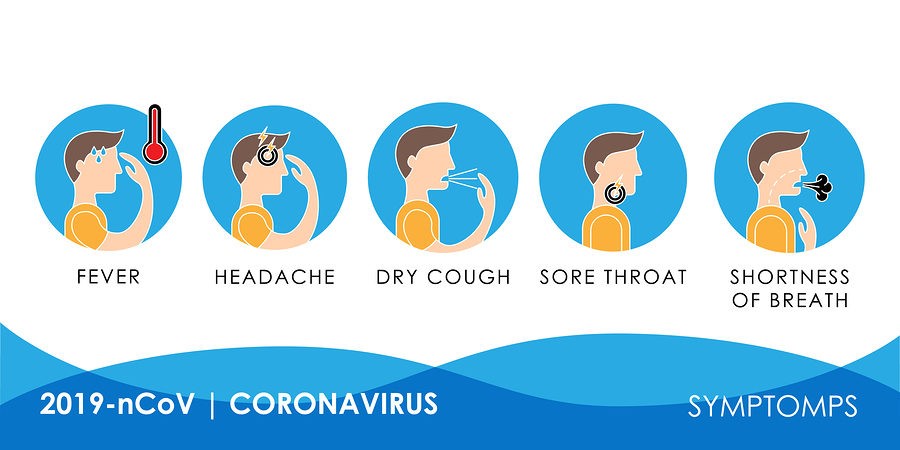Massive Changes to RMDs from Stimulus Package

Several of the provisions that were signed into law in the stimulus package relief bill can taken advantage of immediately, reports Financial Planning in the article “Major changes in RMDs and retirement contributions in $2T stimulus plan.” Here are some highlights.
Extended deadline for 2019 IRA contributions. With the tax return filing date extended to July 15, 2020 from April 16, the date for making 2019 contributions to IRA and Roth IRA contributions has also been extended to the same date. Those contributions normally must be made by April 15 of the following year, but this is no normal year. There have never been extensions to the April 15 deadline, even when taxpayers filed for extensions.
When this tax return deadline was extended, most financial professionals doubted the extension would only apply to IRA contributions, but the IRS responded in a timely manner, issuing guidance titled “Filing and Payment Deadlines Questions and Answers.” These changes give taxpayers more time to decide if they still want to contribute, and how much. Job losses and market downturns that accompanied the COVID-19 outbreak have changed the retirement savings priorities for many Americans. Just be sure when you do make a contribution to your account, note that it is for 2019 because financial custodians may just automatically consider it for 2020. A phone call to confirm will likely be in order.
RMDs are waived for 2020. As a result stimulus package, the Coronavirus Aid, Relief and Economic Security Act (CARE Act), Required Minimum Distributions from IRAs are waived. Prior to the stimulus package’s enactment, 2020 RMDs would be very high as they would be based on the substantially higher account values of December 31, 2019 instead of the current lower values due to the drop in the market. If not for this relief, IRA owners would have to withdraw and pay tax on a much larger percentage of their IRA balances. By eliminating the RMD for 2020, tax bills will be lower for those who don’t need to take the money from their accounts. For 2019 RMDs not yet taken, the waiver still applies. It also applies to IRA owners who turned 70 ½ in 2019. This was a surprise, as the SECURE Act just increased the RMD age to 72 for those who turn 70 ½ in 2020 or later. See here for a much fuller description of how the SECURE Act changed retirement planning. https://galligan-law.com/the-secure-act/
IRA beneficiaries subject to the five- year rule. Another group benefiting from these new rules are beneficiaries who inherited in 2015 or later and are subject to the 5-year payout rule. Those beneficiaries may have inherited through a will or were beneficiaries of a trust that didn’t qualify as a designated beneficiary. They now have one more year—until December 31, 2021—to withdraw the entire amount in the account. Beneficiaries who inherited from 2015-2020 now have six years, instead of five.
Additional relief for retirement accounts. The new act also waives the early 10% early distribution penalty on up to $100,000 of 2020 distributions from IRAs and company plans for ‘affected individuals.’ The tax will still be due, but it can be spread over three years and the funds may be repaid over the three-year period.
Many changes have been implemented from the stimulus package. Speak with your estate planning attorney to be sure that you are taking full advantage of the changes and not running afoul of any new or old laws regarding retirement accounts.
Reference: Financial Planning (March 27, 2020) “Major changes in RMDs and retirement contributions in $2T stimulus plan”
